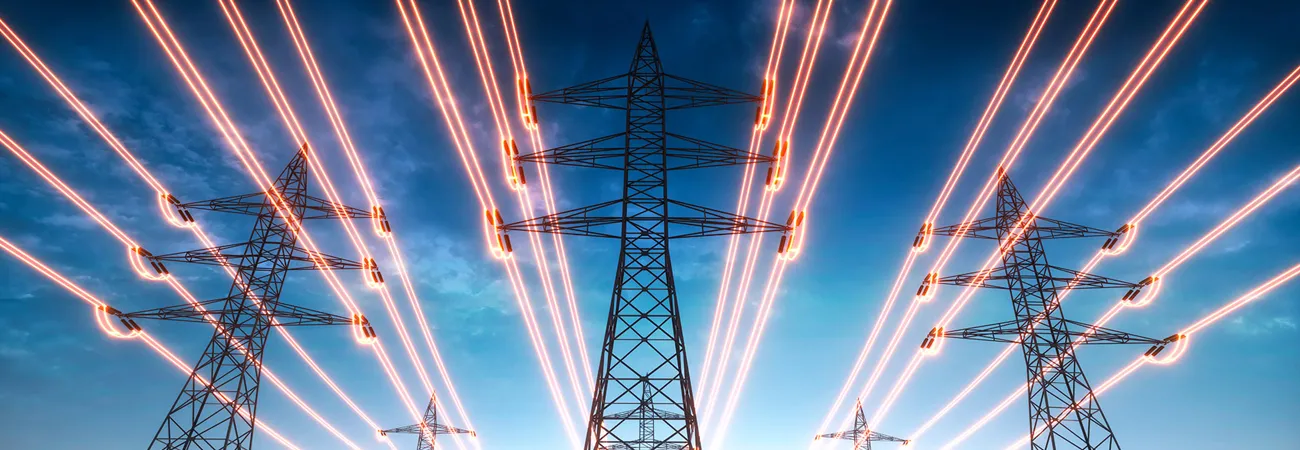i ECONOMY
K-Electric – the sole power distributor in Karachi – continues investment in the power infrastructure to tackle the electricity woes of the metropolis. Currently, the construction of 500KV KANUPP-Karachi Interconnection (KKI) Grid, the company’s first flagship grid, is witnessing rapid progress. Similarly, the pre-commissioning activities of the 220KV Dhabeji Grid are also being expedited with the grid expected to commence operations next year. Furthermore, during FY23, both Unit 1 and Unit 2 of KE’s 900MW RLNG-fired power plant – BOPS-Ill – witnessed successful commissioning and set off commercial operations, paving the way for improvement in generation fleet efficiency by 3.6%. Simultaneously, targeted recovery drives are being executed to improve the recovery ratio. The company is also supporting customers through holding facilitation camps across the city. The field teams remain active round-the-clock to remove illegal connections and curb power theft.
“Despite sociopolitical and macroeconomic challenges, which have affected multiple sectors across the country, K-Electric remains steadfast in serving its customers in the most reliable and efficient way,” said Aamir Ghaziani, the Chief Financial Officer of K-Electric. He said that the company’s performance for the financial year 2022-23 had significantly been affected by challenging sociopolitical and macroeconomic factors, which have had a cascading impact on multiple sectors. “Factors such as surging inflation, a policy rate hike, rupee devaluation and a contraction in economic activity have cast a significant influence on the company's operations and overall profitability. In FY23, K-Electric observed a 7.3% reduction in units sent out due to reduced economic activity. Despite tough macroeconomic conditions, the power company was able to successfully achieve National Electric Power Regulatory Authority’s transmission and distribution loss benchmark of 15.3% in FY23,” he explained.
Ghaziani went on to say that devaluation of Pakistani rupee against the US dollar contributed to a rise in exchange losses by Rs4.38 billion. “Additionally, impairment losses related to doubtful debts increased by Rs6.28 billion. This was due to escalating inflation and a challenging economic landscape, which affected customers’ propensity to pay. Further, a substantial rise in finance costs by Rs19.45 billion, primarily driven by elevated borrowing rates, resulted in a post-tax loss of Rs30.90 billion for the company.” Ghaziani said the company was also working on the renewal of the tariff for the next control period starting from July 1, 2023, with an aim to obtain a sustainable cost reflective tariff with robust adjustment mechanism. “Furthermore, K-Electric is engaging with the government departments for release of net receivables. Mediation agreements have been signed for resolution of disputes regarding dues, which will be executed after approval from the cabinet. Continued support from essential stakeholders, including the government and regulatory bodies, remains pivotal for K-Electric to ensure an uninterrupted and efficient service to customers at optimal cost,” the company’s chief financial officer noted.
“K-Electric's strides in environment, social and governance initiatives depicted notable progress and achievements as in FY23 the company continued spreading safety awareness, thus reaching 57,000 children through its school safety campaign in 17 hazard-prone areas of Karachi. Likewise, it extended its outreach to 200,000 households in FY23 under its award-winning Roshni Baji Programme – Pakistan's first female electrician training initiative,” Ghaziani noted.
Credit: Independent News Pakistan (INP)








